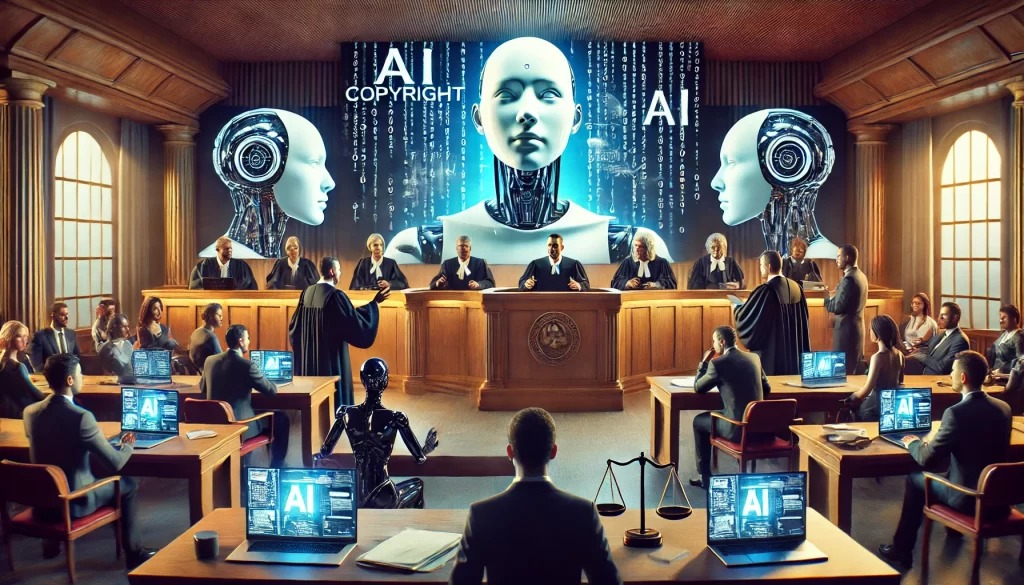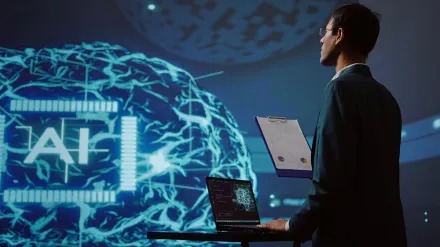 Image Source: Desi Kaanoon
Image Source: Desi Kaanoon
India’s judiciary is cautiously embracing artificial intelligence, not to replace judges, but to assist them in navigating massive case backlogs and complex legal research. From the Supreme Court’s SUPACE portal to High Courts experimenting with ChatGPT, AI is becoming a silent partner in the pursuit of justice—though not without ethical and legal scrutiny.
Key Highlights:
- SUPACE in Action:
- The Supreme Court Portal for Assistance in Court Efficiency (SUPACE) helps judges summarize case files, identify precedents, and streamline hearings—without influencing verdicts.
- It’s part of the ₹7,210 crore e-Courts Phase III initiative, with ₹53.57 crore earmarked for AI and blockchain integration.
- High Court Experiments:
- The Manipur High Court used ChatGPT to research Village Defence Force procedures in a 2024 case.
- The Punjab & Haryana High Court tapped AI for bail jurisprudence insights, while the Delhi High Court warned against relying on AI for legal reasoning.
- Ethical Tightrope:
- Concerns loom over algorithmic bias, data privacy, and lack of transparency in AI decisions.
- Legal experts stress that AI must remain a support tool, not a decision-maker, to preserve judicial integrity.
- Global Context:
- While China and Estonia explore AI-led adjudication, India is treading carefully—balancing innovation with constitutional safeguards like Article 21 (right to fair trial) and Article 14 (equality before law).
India’s courts aren’t going robotic—but they are getting smarter. The verdict on AI’s role in justice is still out, but the trial has clearly begun.
Source: NLIU Law Review, Lawful Legal, Drishti Judiciary
Advertisement
Advertisement






